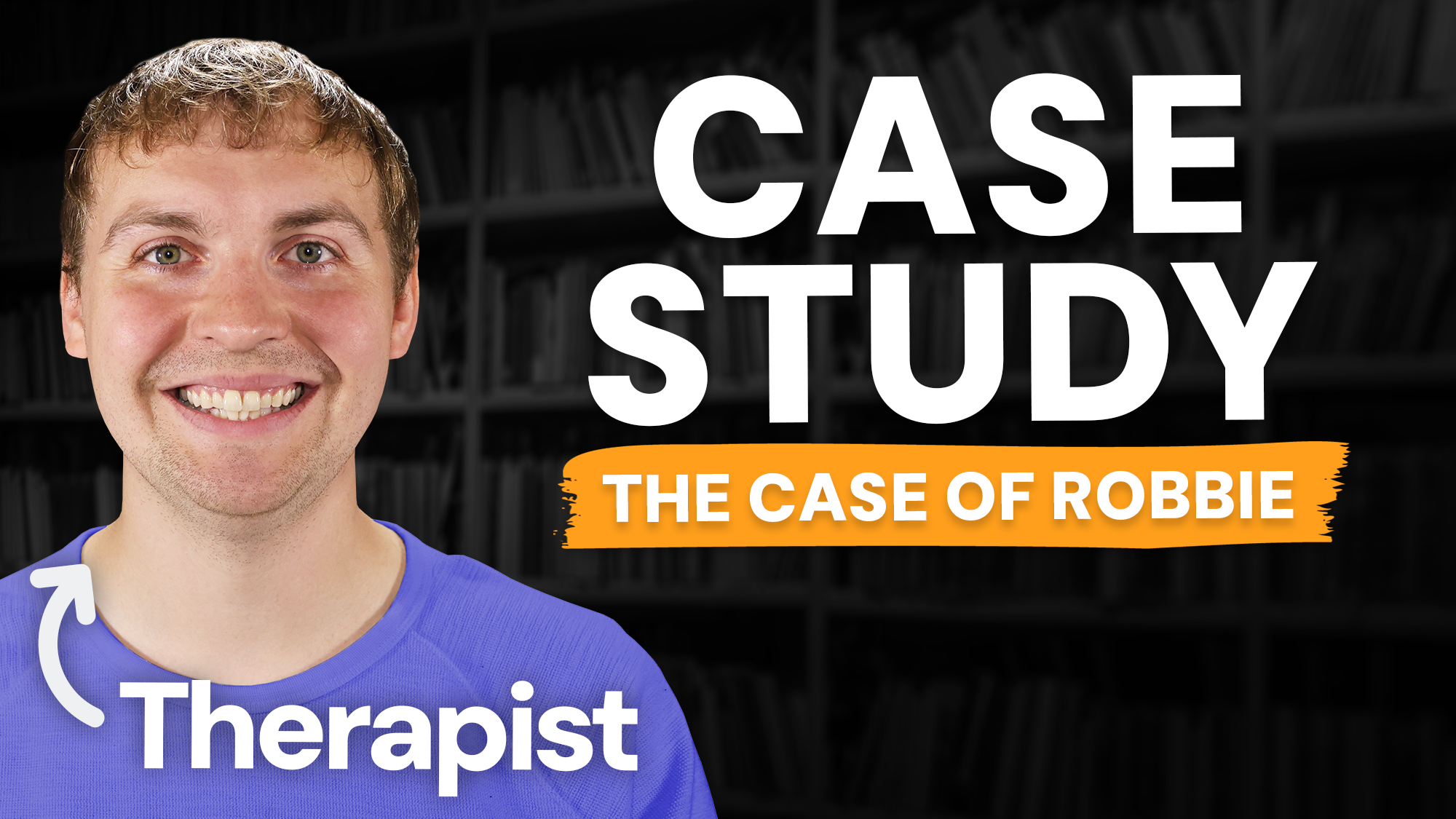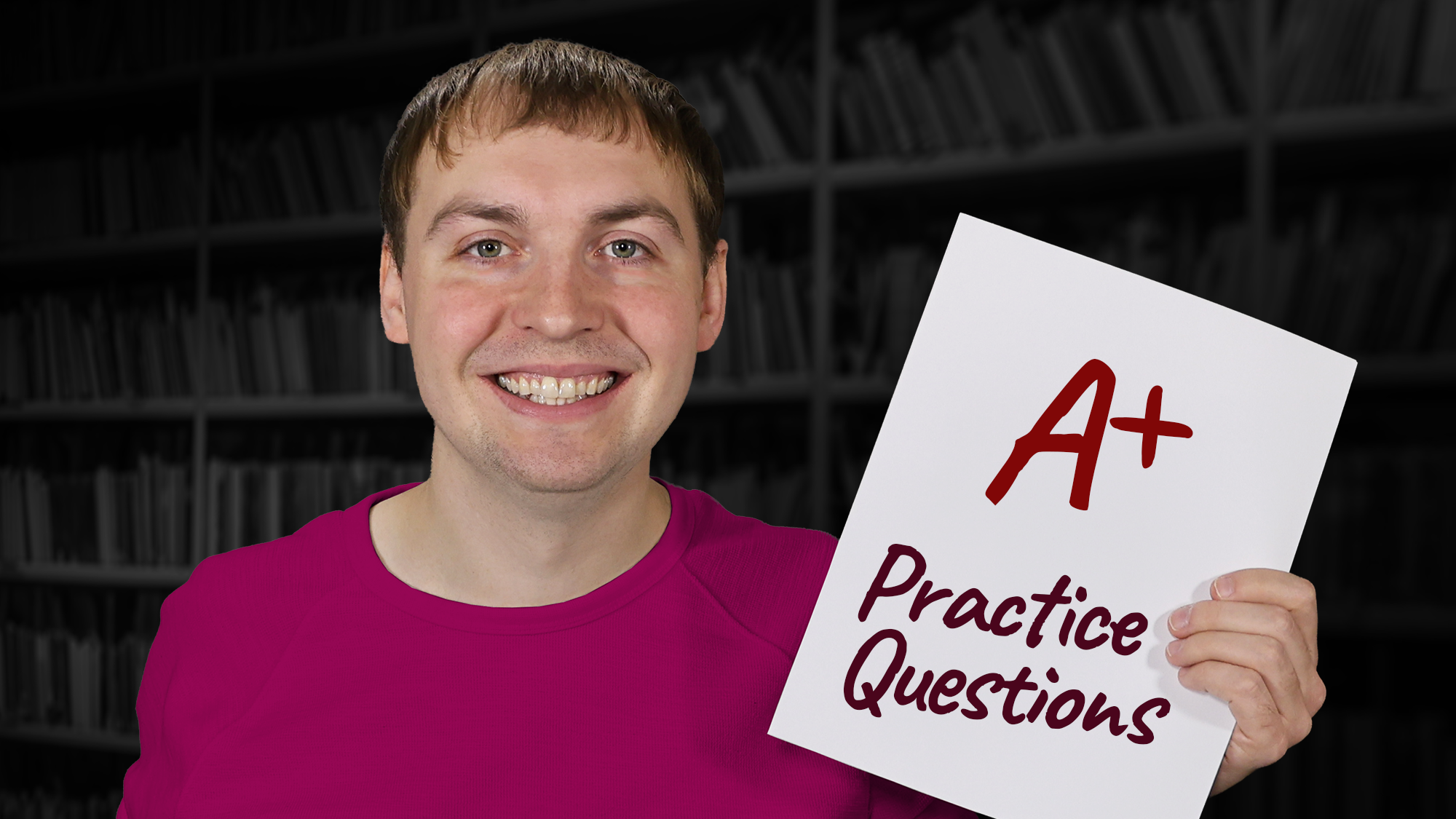
In the category of Human Growth and Development on the National Counselor Examination (NCE), the Counselor Preparation Comprehensive Examination (CPCE), or another counseling exam, you’ll find Freud’s Psychosexual Stages of Development.
I can basically guarantee that you’ll come across the Psychosexual Stages of Development at some point in a psychology course. More likely, in many of the classes and on many exams you take. This video explores the stages in more depth and discusses the theory’s relevance today.
The Psychosexual Stages of Development are discussed often in psychology courses, and are something you’ll want to have a good understanding of. This theory of development comes from Sigmund Freud. He is one of the most well-known figures in the world of psychology, but he is not without his controversy. The theory includes five stages—oral, anal, phallic, latent, and genital—which are discussed in more detail below.
Do the psychosexual stages of development overlap? Although some scholars feel that Freud believed the stages could overlap or occur at the same time, for the purposes of tests like the NCE or CPCE, it is most commonly accepted that the stages occurred one after the other.
What if someone doesn’t complete a psychosexual stage of development? Freud believed that if someone did not resolve the conflict that occurs at each stage, they would become fixated. Meaning, they would not be able to move to the next stage. Their emotional development would be stuck at a stage where they feel safe. A cause of fixation could be something like a traumatic experience.
What does psychosexual mean? Being a psychosexual, Freud’s theory relates to how sexual pleasure relates to our psychology (or psychic energy as he referred to it in this theory). According to Freud, each stage includes an erogenous zone of the body—or a part of the body that brings sexual pleasure. That said, some theorists believe that when Freud talked about sexual pleasure, he was referring to pleasure more broadly, not so much in a sexual nature. Either way, Freud believed that libido was the psychological energy that a person has that drives their biology. More specifically, that it has a particular influence on the body’s sexual drives.
What are Eros and Thanatos? Freud believed that we have a drive for life, which he referred to as Eros. Named after the Greek god of love, this is our instinct for self-preservation. On the flip side, he also believed that we have a death drive, or Thanatos. This is where he felt our more self-destructive urges come from.
What is the oral phase? The first of the stages in the psychosexual stages of development, the oral phase takes place from birth to around age one. The pleasure zone of the body at this stage is said to be the mouth. During the oral phase, food—which is ingested through the mouth—is a source of pleasure and comfort. When someone becomes stuck or fixated in the oral phase, they might be called an oral personality, according to Freud. Those who are oral personalities may overeat, smoke, or drink. They may also be considered to be clingy or dependent.
What is the anal phase? The second of the psychosexual stages of development, the anal phase occurs from around ages one to three. At this point in life, one is toilet training and learning bowel control, which aligns with the pleasure zone of the body, which is the anus. Parents being either too punitive or too indulgent are seen as a conflict at this stage. Those who do not resolve the conflicts of the anal phase might be said to be anal-retentive, or to have an anal-retentive personality or character. They are seen as compulsive and neat. They may also be frugal, stingy, hoard, or be overly orderly. However, one might also be called an anal-expulsive character. These people are seen as messy, unclean, and unorganized. The anal-expulsive character may also be seen as scatterbrained and impulsive.
What is the phallic phase? The phallic phase is the third of the stages of psychosexual development. This stage occurs from around age three to six. At this stage, the pleasure zone of the body is the person’s own genitals. However, they may have interest or awareness of the genitals of others too. The phallic phase brings in some very important parts of Freud’s theory: the Oedipus complex and the Electra Complex, which are discussed more below. As far as the phallic personality goes, they are seen as reckless, narcissistic, vain, and proud. They are said to be afraid and incapable of close love. Freud also believed that this was a cause of homosexuality.
What is the Oedipus Complex? The Oedipus Complex gets its name from the Greek play, Oedipus Rex. In the play, the main character unknowingly kills his father, then unknowingly goes on to marry his mother. Freud believed that boys have anxiety and fear related to penis castration. He also believed that they have an unconscious sexual desire for their mother. To resolve this anxiety and fear, they learn to identify with their father, and transition their love for their mother to be non-sexual.
What is the Electra Complex? For girls, Freud (at one point) believed they had a sexual desire for their father. However, he later changed his view on this. Similar to boys, he believed the girls learn to identify with the mother, and resolve their unconscious sexual feelings toward their father to be non-sexual. He termed this the Electra Complex in girls.
What is penis envy? Freud also believed that girls suffered from penis envy during the phallic phase. He believed that girls realize at this stage that they do not have a penis, and develop envy toward boys for having a penis.
What is the latency phase? The fourth stage in the psychosexual stages of development is the latency phase, which occurs from around age six until 12. At this point, sexual urges are repressed or lie dormant. Children at this age are said to channel their energy toward school, hobbies, activities, sports, and friends. There is also a focus on finding same-sex friends at this age, according to Freud. The latency phase is said to be the quiet before the storm of adolescents in the next phase.
What is the genital phase? Around age 12, the genital phase—which is the fifth and final stage of the psychosexual stages of development—begins. This stage aligns with puberty beginning. At this point, interest develops in the opposite sex, according to Freud. It is believed that the less energy a child has had to put into the previous stages, the more they will have now to invest in relationships. At this stage, children become less self-centered and narcissistic, and have increased interest in others.
What are the controversies related to the psychosexual stages of development? There are many parts of Freud’s psychosexual stages of development that we would say are problematic. Of course, some of the most controversial parts of the theory are the Oedopus Complex and Electra Complex (including penis envy). The theory is also considered problematic because it has a strong view of heterosexual relationships as “correct” while seemingly pathologizing non-heterosexual relationships. The theory is also seen as degrading to women and people who do not fit the gender binary of male/female. In the same vein, it focuses almost entirely on male development. Freud’s theory does not consider culture in the stages either, which is seen by many as a shortcoming. Not only that, but Freud’s theory is considered untestable, and he did not use research or even the observation of children’s behavior in his development of the theory!
Why do we still talk about the psychosexual stages of development? Freud’s psychosexual stages of development do not have many strong followers today in the way that Freud saw it in his time, yet it’s not completely irrelevant. The theory brought awareness to how early experiences in general can influence later experiences. It also contributed to the idea that unconscious influences can influence behavior. So, while this theory is problematic in many ways, we must also recognize how it was a starting point in many ways also. We might look at the theory as a starting point, and since its introduction, many have introduced theories that are better fitting for our modern understanding of psychology.



If you or someone you know are needing immediate mental health assistance, please call or text 988, contact a local emergency telephone number, or go to the nearest emergency room.
By interacting with this website and channel, this does not constitute a therapist/client relationship. This content is intended for the purposes of entertainment and mental health education.
View additional disclaimers and notices on our Disclaimers page.